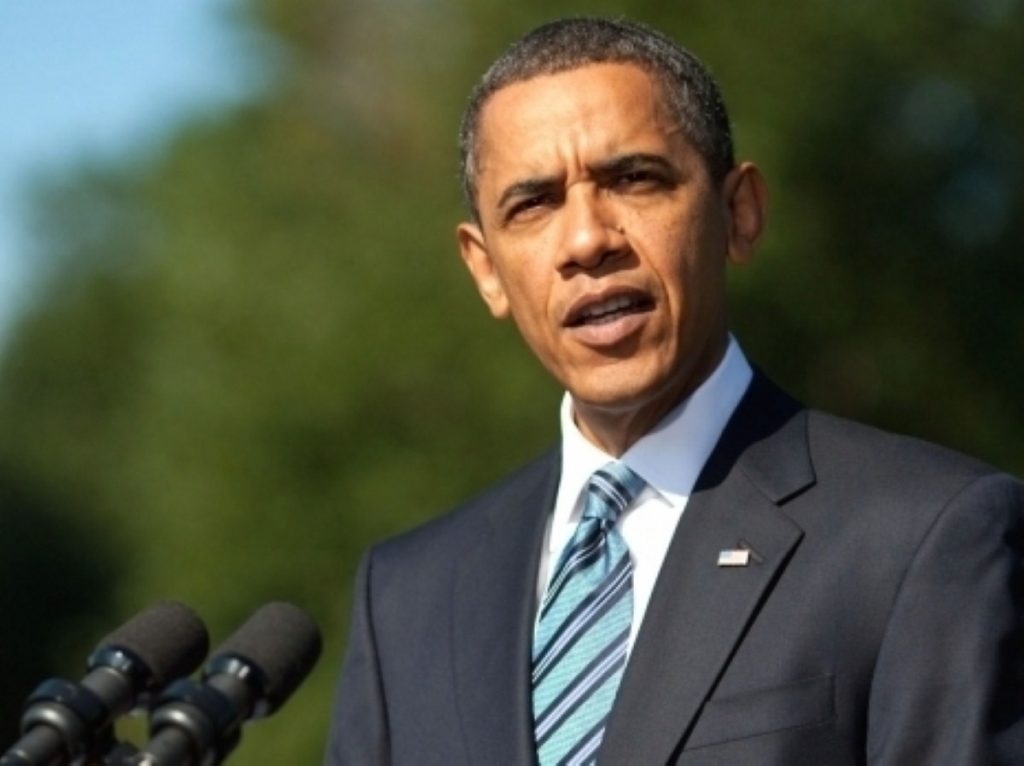Obama protects Americans against British libel law
By Ian Dunt
President Barack Obama has signed a law defending US writers, journalists and academics from British libel cases.
While the legislation does not mention Britain directly, the Speech Act makes foreign libel ruling all-but unenforceable in US courts.
This has a particular effect on the UK, which has developed a reputation for libel tourism due to the way it favours the claimant.


The law seems to corroborate British anti-libel campaigners’ arguments that the UK is developing an embarrassing reputation as a go-to location for inhibiting freedom of speech.
Comment: The law that shames Britain
The act allows US courts to refuse to enforce a foreign libel judgement if it contravenes the first amendment.
It would not be applicable where countries have similar protections for free speech as in the US, but this will rarely be the case.
The US libel system includes the use of the so-called Sullivan defence, where the claimant must prove malice or serious recklessness before the case proceeds to court.
The change in the law was prompted by the case of Rachel Ehrenfeld, who was sued in the UK over her book, Funding Evil, despite only 23 copies being sold here. She refused to take part in the action, but was ordered to pay £10,000 in damages anyway.
The cost of a libel case in the UK is 140 times that of equivalent European nations.
Writing an email to her supporters after Mr Obama signed the law, she said: “No longer will libel tourists be able to suppress the rights of American scholars, writers and journalists to speak, write and publish freely in print and on the internet.
“The Speech Act is of monumental importance to national security and the protection of free speech. [It] allows Americans to expose the enemies of freedom and democracy without fear of foreign intimidation.”
Reform of Britain’s libel laws are part of the coalition agreement. A recent private bill by Lord Lester outlining potential reforms looks set to be the blueprint for concrete government-backed action before the end of the year.

